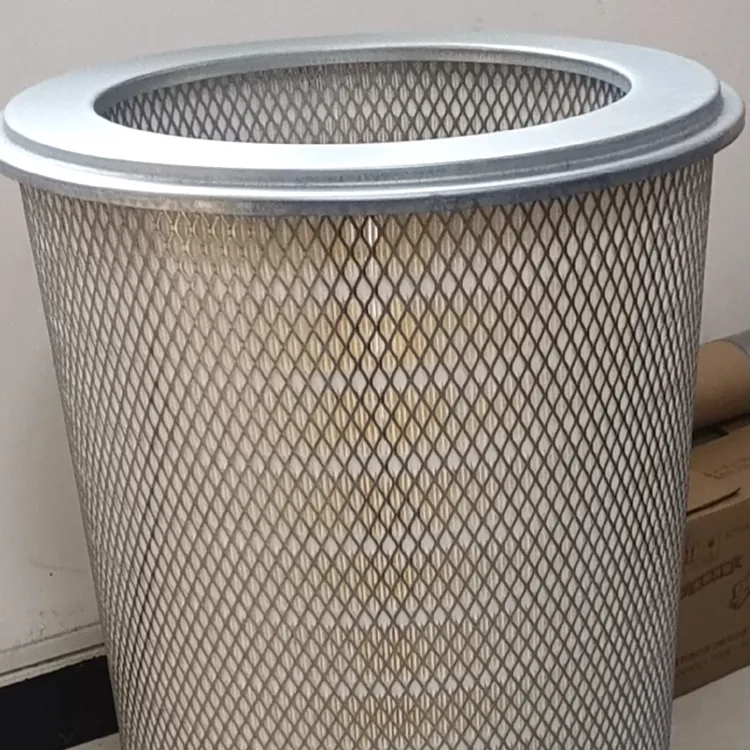 Tel:
+8615930870079
Tel:
+8615930870079
12월 . 01, 2024 21:57 Back to list
gas turbine air filter
Importance of Air Filters in Gas Turbine Systems
Gas turbines are essential components in various industries, including aviation, power generation, and marine applications. Their efficiency and operational lifespan significantly depend on the quality of the air they intake. One critical element in maintaining this quality is the air filter system. In this article, we will explore the significance of air filters in gas turbines, their various types, and maintenance considerations.
The Role of Air Filters
Air filters serve as the first line of defense against contaminants that can enter the gas turbine. Particulate matter, dust, pollen, and other airborne pollutants can severely impact turbine performance by depositing on the compressor blades, resulting in increased maintenance costs, reduced efficiency, and ultimately, failures in operation. Keeping the air clean helps ensure that the turbine runs smoothly, thus maximizing its output and extending its operational life.
Types of Air Filters
There are several types of air filters used in gas turbine systems, including
1. Mechanical Filters These filters rely on physical barriers to trap particles. Mechanical filters can be made from various materials, including paper, fabric, or synthetic fibers. They are commonly used for large particles, such as dust and debris.
2. Electrostatic Filters Utilizing electric charges, these filters attract and capture smaller particles that mechanical filters might miss. They can effectively remove fine dust, smoke, and other pollutants, making them ideal for environments with high air pollution.
3. HEPA Filters High-Efficiency Particulate Air (HEPA) filters are designed to capture at least 99.97% of particles that are 0.3 microns in diameter. Due to their effectiveness, HEPA filters are often used in applications where air quality is paramount.
4. Oil-Mist Filters In gas turbines, lubricating oils can aerosolize and pose a risk for combustion processes. Oil-mist filters help eliminate these aerosols, preventing potential contamination of the air intake.
gas turbine air filter

Each type of filter has its own advantages and disadvantages, and the choice of filter depends on the specific operating environment and the types of contaminants that need to be controlled.
Maintenance Considerations
Regular maintenance of air filters is crucial to ensure the gas turbine performs at its best. Here are some key aspects to consider
- Filter Inspection Routine inspections should be conducted to check for dirt accumulation and integrity of the filter material. Dirty filters can restrict airflow and reduce turbine efficiency.
- Replacement Frequency The interval for replacing filters depends on the operational environment. In relatively clean environments, filters might last longer, while in areas with high pollution, they may need to be replaced more frequently.
- Pressure Differential Monitoring Monitoring the pressure differential across the filter can provide valuable data on its condition. A significant rise in pressure can indicate that the filter is clogged and needs replacement.
- Cleaning Procedures Some filters can be cleaned and reused, while others are disposable. Proper cleaning procedures must be followed to prevent damage and ensure that effectiveness is maintained.
Conclusion
The significance of air filters in gas turbine systems cannot be overstated. They play a pivotal role in protecting the turbine from contaminants that can adversely affect its performance and longevity. By selecting the appropriate type of filter and adhering to a strict maintenance schedule, operators can optimize their gas turbine's efficiency and reliability. In a world increasingly reliant on efficient energy production and innovative technologies, investing in high-quality air filtration systems is a step toward ensuring operational excellence in gas turbines.
-
Nano Fiber Technology: Revolutionizing Cartridge Dust Collector FiltersNewsAug.06,2025
-
How Activated Carbon Air Cartridges Eliminate OdorsNewsAug.06,2025
-
Dust Filter Cartridge Handling Fine Particulate MatterNewsAug.06,2025
-
Cartridge Dust Collector Filter for Welding Fume ExtractionNewsAug.06,2025
-
Activated Carbon Filter Cartridge Effectiveness Against VOCsNewsAug.06,2025
-
Activated Carbon Air Filter Cartridge Benefits ExplainedNewsAug.06,2025

 Email:
Email:





